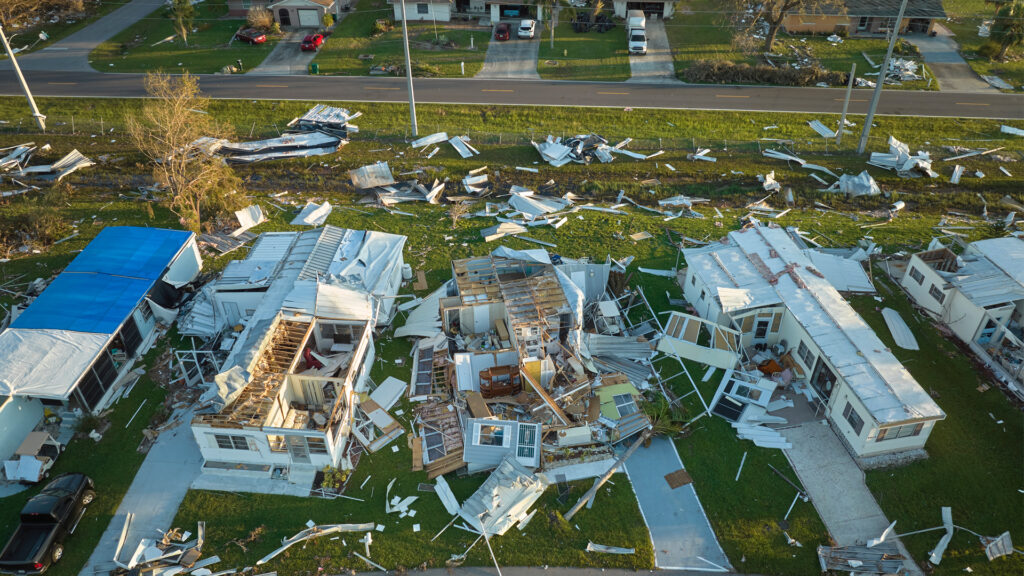A roundup of news items related to climate change and other environmental issues in Florida:
Citizens CEO says hurricane-insurance-for-all bill would be too expensive for state | South Florida Sun Sentinel

The CEO of state-owned Citizens Property Insurance Corp. on Tuesday pushed back against a legislative bill that would require the company to provide hurricane coverage for anyone in the state who wants it.
The bill, sponsored by Rep. Spencer Roach, a Republican from Lee County, and Rep. Hillary Cassel, a Democrat from Broward County, would make the so-called “insurer of last resort” into the insurer of first resort for windstorm coverage.
But during a workshop held by the state House Insurance and Banking Subcommittee, Citizens CEO Tim Cerio said the bill could cause the company’s reinsurance costs to skyrocket by 645% — from $628 million to $5.6 billion if 100% of Florida properties were covered.
Could the legislature block Winter Park’s leaf blower ban? | Orlando Sentinel
The state senator who represents Winter Park has drafted legislative language that takes aim at the city’s planned ban on gas-powered leaf blowers.
Sen. Jason Brodeur, R-Lake Mary, filed an amendment Monday that would prevent cities and counties across the state from regulating gas-powered leaf blowers any differently than electric ones.
Its creation comes days after city commissioners in Winter Park held the line on their controversial plan to ban the gas-burning models, instead requiring landscapers and residents to use corded or battery-powered devices to clear lawn clippings and fallen leaves.
Can Key Biscayne fend off worsening hurricane flooding? | WLRN
Key Biscayne, home to one of Florida’s oldest lighthouses that for more than a century guided mariners through rough seas, is getting a modern update to protect itself from worsening hurricane flooding fueled by climate change.
In meetings last month, the U.S. Army Corps of Engineers launched plans to fend off hurricane storm surge across the low-lying island.
“We’re looking at water coming in from all different directions,” said Chris McNees, the Army Corps’ project manager. “We’ll be doing modeling to not only evaluate the storm surge from the beach side, but we’ll also be doing modeling from the back bay side to evaluate what are the damages that occur from [a hypothetical] storm.”
If you have any news items of note that you think we should include in our next roundup, please email The Invading Sea Editor Nathan Crabbe at ncrabbe@fau.edu. Sign up for The Invading Sea newsletter by visiting here.



